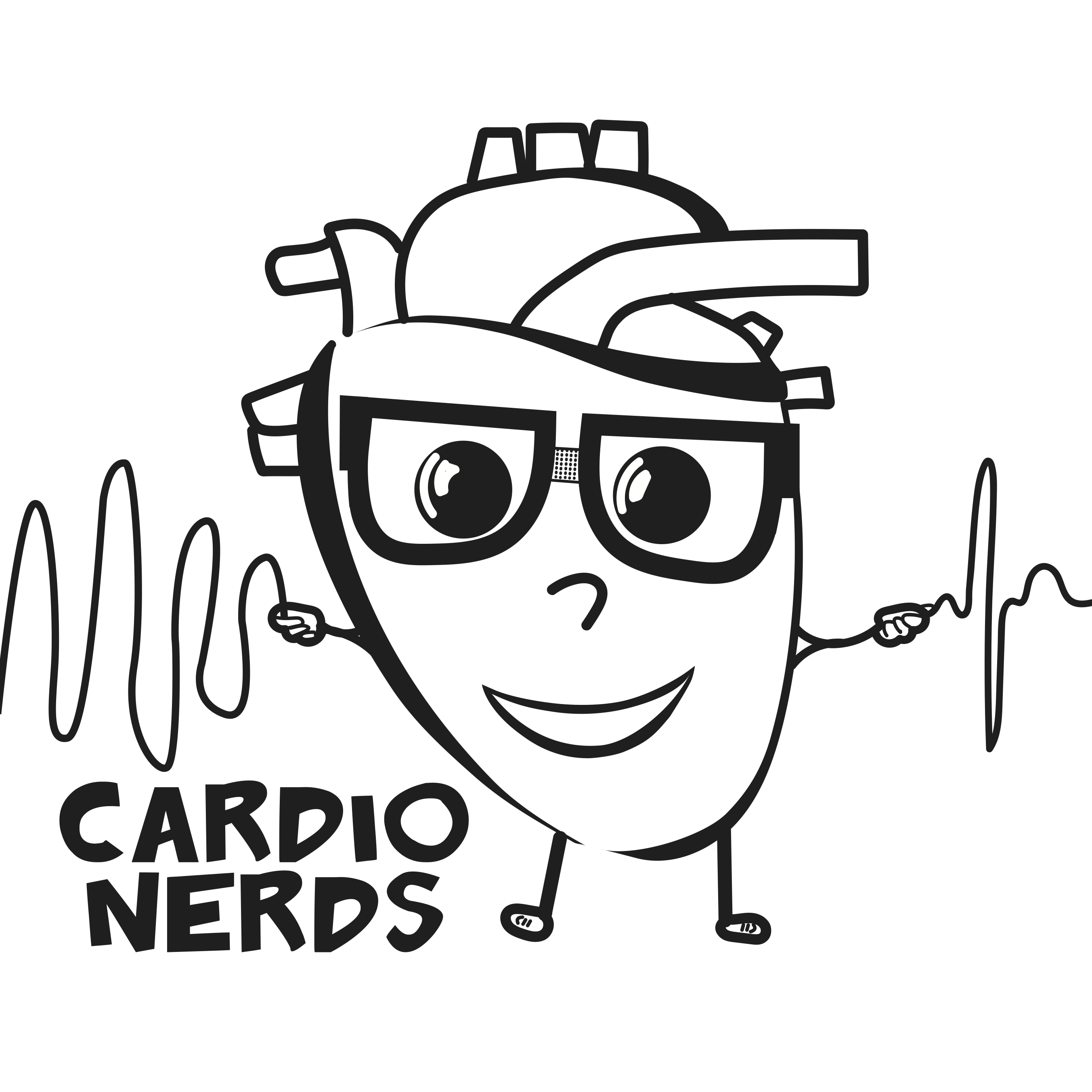130. Case Report: A Nagging Cough Post PCI Indiana University

CardioNerds\xa0(Amit Goyal\xa0and\xa0Daniel Ambinder), join\xa0cardiology fellows from Indiana University cardiology fellows (Dr. Asad Torabi, Dr. Michelle Morris, and Dr. Sujoy Phookan) to discuss a case of a patient who developed a nagging cough post PCI and is ultimately diagnosed with Dressler Syndrome. This case describes the work up and management of post infarct pericarditis and briefly reviews the dilemma of utilizing triple anti-thrombotic therapy with high dose aspirin in the post myocardial infarction period. Indiana University faculty and expert, Dr. Julie Clary provides the E-CPR for this episode. \n\n\n\nClaim free CME just for enjoying this episode! Disclosures: None\n\n\n\n\n\nJump to: Patient summary - Case media - Case teaching - References \n\n\n\n\n\n\n\n\n\nCardioNerds Case Reports PageCardioNerds Episode PageCardioNerds AcademyCardionerds Healy Honor Roll\n\n\n\n\n\nCardioNerds Journal ClubSubscribe to The Heartbeat Newsletter!Check out CardioNerds SWAG!Become a CardioNerds Patron!\n\n\n\n\n\n\n\n\n\nPatient Summary\n\n\n\nA 56-year-old man with recent anterior STEMI and new heart failure with reduced ejection fraction presented with fevers, persistent cough, and pleuritic chest pain following percutaneous coronary intervention for the past two weeks. He was ultimately found to have post cardiac injury syndrome - post infarct pericarditis (formerly known as Dressler syndrome) with elevated inflammatory markers, a small pericardial effusion, and incidentally noted to have an apical left ventricular thrombus. This case describes the work up and management of post infarct pericarditis and briefly reviews the dilemma of utilizing triple anti-thrombotic therapy with high dose aspirin in the post myocardial infarction period.\xa0\xa0\n\n\n\n\n\n\n\nCase Media\n\n\n\n\nCXREKGClick to Enlarge\n\n\n\n\n\n\n\n\nEpisode Teaching\n\n\n\nPearls\n\n\n\n1. Post cardiac injury syndrome (PCIS) following myocardial infarction can be very debilitating and recurrence is the concern when treatment is not pursued.\xa0\n\n\n\n2. Acute pericarditis is a clinical diagnosis which does not require imaging and can have a wide spectrum on presentation ranging from fever/cough to the classic positional chest pain.\n\n\n\n3. PCIS following myocardial infarction is less common in the post PCI era but we are starting to see more cases in late presenters.\n\n\n\n4. We have good level of evidence to suggest the use of colchicine to reduce the recurrence of PCIS. COPPS and COPPS-2, are two such randomized placebo control trials, which show benefit in the cardiac surgical patient.\n\n\n\n5. While triple therapy on high dose aspirin is not discussed in the 2013 ACCF/AHA STEMI guidelines, carefully assess your patient\u2019s bleeding risk and invoke patient shared decision making whenever possible.\n\n\n\nNotes\n\n\n\n1. What is Post-Cardiac Injury Syndrome (PCIS) and what are the clinical manifestations?\n\n\n\nPCIS is an umbrella term for specific clinical scenarios which may result in symptomatic acute pericarditis.PCIS encompasses:Post-myocardial infarction pericarditis which may be early or late (Dressler syndrome \u2013 the focus of this case)Post-pericardiotomy syndrome (PPS)Post-traumatic pericarditis including traumatic and iatrogenic (following most percutaneous procedures such as ablations, PCI, lead placement, etc).\n\n\n\n2. How is PCIS (or post infarct pericarditis) diagnosed?\n\n\n\nThis is a clinical diagnosis, made when \u2265 2 of the following are present:Fever without alternative causePericarditic or pleuritic chest painFriction rubPericardial effusionPleural effusion with elevated CRPNote this is different from the diagnostic criteria for other causes of acute pericarditis which requires 2 of the 4 following features:Pericarditic chest painFriction rubNew widespread ST-elevations or PR depressions on ECGPericardial effusion (new or worsening)Supporting findings for pericarditis include:Elevation of inflammatory markers (CRP, ESR, WBC)Pericardial inflammation on cross sectional cardiac imaging (CT, CMR)\n\n\n\n3. What are the complications of not treating Dressl...